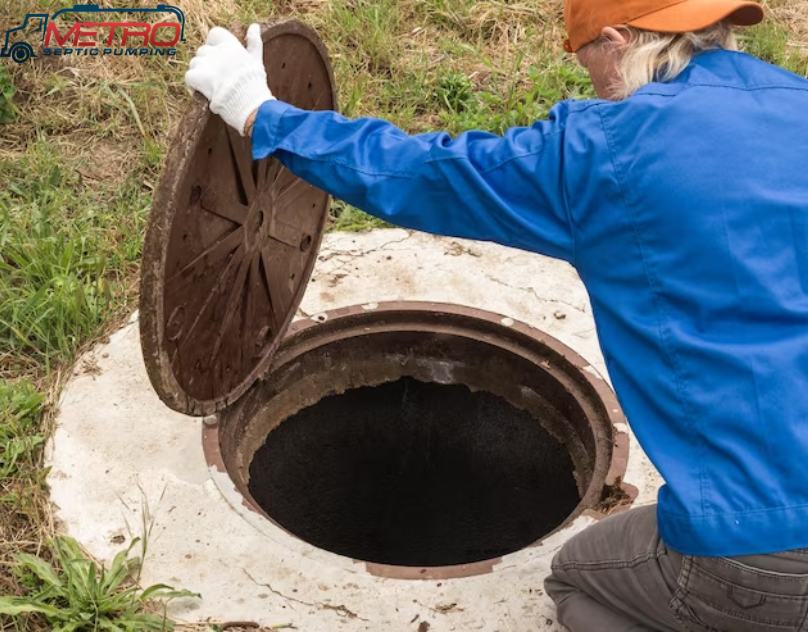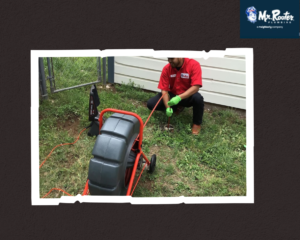How Does A Septic Tank Work?

Keeping a household functioning well requires knowing the nuances of many systems, such as the often-overlooked but vital septic tank. It is essential for the longevity and correct maintenance of any septic tank to understand how they work.
In this blog post, our professionals from Metro Septic Pumping will dive into the mechanics of this underground marvel and explore why regular septic pumping in Fayetteville is crucial for its optimal performance.
Understanding the Basics
In basic terms, a septic tank functions as a small-scale wastewater treatment facility for residences without access to public sewer systems. It’s a waterproof subterranean room constructed from sturdy materials like fiberglass, polyethylene, or concrete. Pipes carry waste from sinks, showers, toilets, and other home drains into the septic tank.
The Process Unveiled
Solids and Liquids Separation: When materials enter the tank, the lighter ones, such as grease and oils, float to the top and produce a layer of scum, while the heavier solids sink to the bottom and form a layer of sludge. This leaves a middle layer of liquid effluent that is reasonably transparent.
Biological Treatment: The organic matter in the sludge and scum layers is naturally broken down by beneficial bacteria and enzymes found in the tank. Before the wastewater leaves the tank, this biological activity aids in waste breakdown and effluent purification.
Filtration and Drainage: After being treated, the liquid waste leaves the septic tank by way of an output pipe and enters the drain field, sometimes referred to as the leach field. Here, the wastewater is distributed into the soil through perforated pipes, providing for additional filtering and purification as it seeps through the soil and gravel’s layers.
The Importance of Regular Maintenance
Even while septic systems are meant to be self-sufficient, they nevertheless need routine upkeep to run well. Septic pumping is one of the most important parts of this upkeep. The importance of this daily chore should be understood by the people of Fayetteville:
Preventing System Failure: When the amount of particles in the septic tank builds up over time, it may overflow and cause backups, obstructions, and even system failure. Frequent septic pumping prevents these problems and prolongs the system’s life by eliminating extra sludge and scum.
Preserving Water Quality: When a septic system is operating correctly, it may effectively treat wastewater and keep dangerous bacteria and pollutants out of the groundwater and adjacent surface water bodies. Frequent pumping guarantees that the system keeps working properly, protecting the environment and public health.
Preventing Expensive Repairs: If septic tank upkeep is neglected, it may eventually need expensive repairs or replacements. Homeowners in Fayetteville can save money and prevent the trouble of having to deal with catastrophic system problems by scheduling routine septic pumping.
Signs That Pumping Is Needed
While adhering to the professional’s recommended regular pumping schedule is crucial, there are some indications that prompt pumping is required:
Slow Drains: If you notice slow draining sinks, showers, or toilets, it could indicate a buildup of solids in the septic tank.
Bad Odors: Distasteful smells coming from the septic tank or the pipes surrounding it suggest a possible issue that could need to be pumped.
Pooling Water: Water puddles around the septic tank or above the drain field may indicate a backup or clog that has to be pumped out.
Need a Reliable Company?
Are you in need of septic company? Luckily, we at Metro Septic Pumping have dedicated workers ready at your service. Contact our representatives for more questions.




